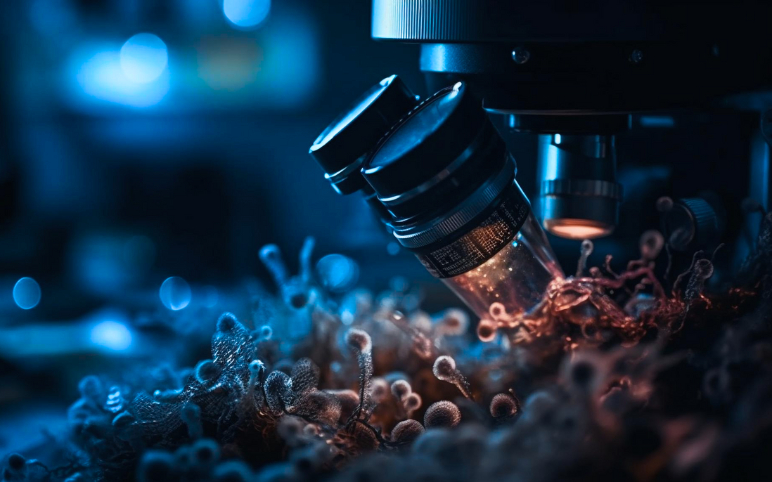Gold nanoparticles may soon turn out to be a Prostate cancer treatment option. Apparently, there are certain risks associated with conventional cancer treatments such as uncontrolled bleeding, fatal blood clots and dangerous reactions to the anaesthetic, among others. To relieve patients from such risks, a new clinical trial in the US has utilized the Aurolase Nanoshell therapy to treat Prostate cancer patients with minimal collateral damage to the surrounding tissues. Already eleven patients have undergone the procedure with promising results.
Naomi Halas, a senior researcher from the Rice University in the US, invented Auroshells (or nanoshells) and collaborated with Jennifer West, a senior researcher in the Duke University in the US, for applying the technology for treating cancer. Both of the researchers co-founded the company–Nanospectra Biosciences—to manufacture nanoshells for putting to use in the cancer treatment field.
In the new treatment methodology, MRI/ultrasound-guided ablation of gold nanoshell-loaded neoplastic lesions are done. The nanoshells, composed of silica spheres with a gold shell, are delivered intravenously and subsequently, these accumulate in a tumour. MRI and ultrasound are used to locate the cancerous lesions as accurately as possible. Then a fibre probe that emits infrared light is inserted into the lesion. The nanoparticles absorb the light, converting it into heat that destroys a tumour while sparing adjacent tissue.



